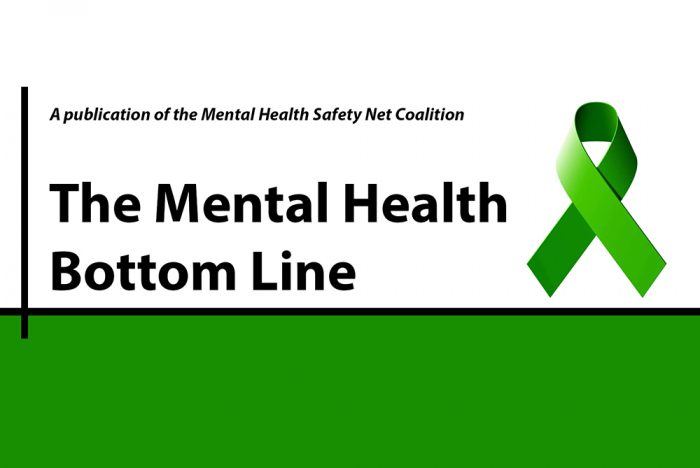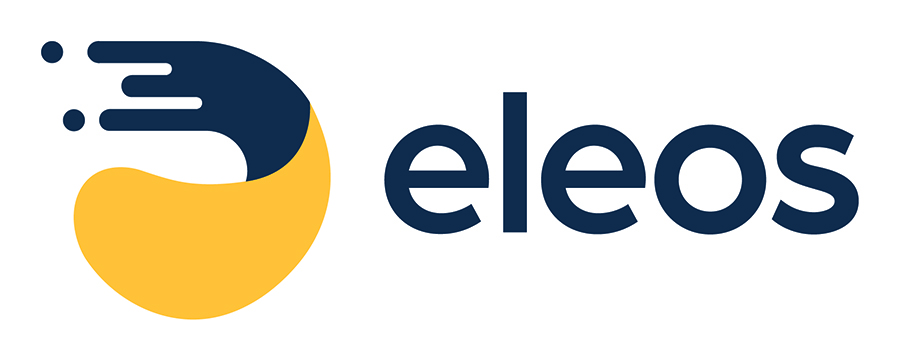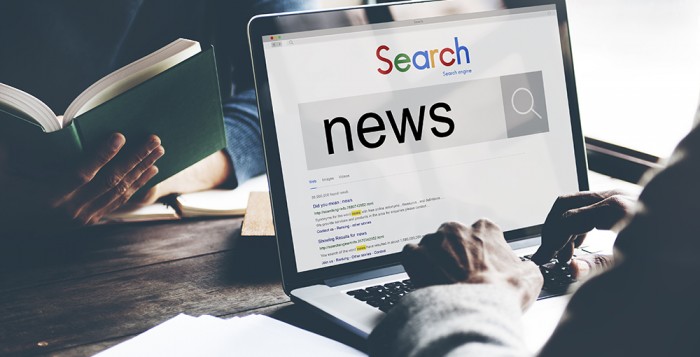Message from Rep. Dan Williams’s Office:
HARRISBURG, June 24 – Bipartisan legislation introduced by state Rep. Dan Williams, D-Chester, that would help Pennsylvanians take advantage of new federal Medicaid rules that give patients and clinicians more telehealth options for behavioral health services passed the PA House today with overwhelming support.
“The longstanding and outdated ‘four walls’ requirement has limited Medicaid reimbursement to services within the physical walls of a clinic,” said Williams. “This only creates barriers to care, particularly in rural areas and regions experiencing mental health workforce shortages.”
The Centers for Medicare and Medicaid Services gave states the option to waive the requirement on Jan. 1. In response, the Pennsylvania Department of Human Services has submitted a State Plan Amendment to adopt this flexibility, which is currently awaiting federal approval.
House Bill 1590 would repeal state regulations that conflict with the new federal flexibility. Importantly, the bill would not change existing rules requiring in-person treatment hours for outpatient behavioral health clinics.
“Under this bill, Pennsylvania can fully implement the change, expanding access to behavioral health services and reducing care gaps for our vulnerable populations across the Commonwealth,” Williams said.
The bill now moves to the state Senate for consideration.
It is important to note that, at this time, OMHSAS is awaiting approval from CMS. To address the Federal Medicaid payment conditions in the Pennsylvania statute, there was a need for this legislation to permit services be covered under Medicaid, and HB 1590 would achieve this. It is also important to reiterate that this bill will not change outpatient behavioral health clinic rules requiring in-person treatment hours. The passage of this bill will address these conditions for outpatient clinics as well as the delivery of SUD services.
Both the CMS SPA approval and the legislation would be retroactive to January 1, 2025.
Until then, the completion of both the SPA and the legislation on 4 walls flexibilities will remain in place. RCPA is grateful to have partnered with OMHSAS, House legislators, and other stakeholder associations on the development of this bill. We will continue our efforts in getting the legislation to the Governor’s desk.
If you have any questions, please contact RCPA COO and Director of Mental Health Services Jim Sharp.


















